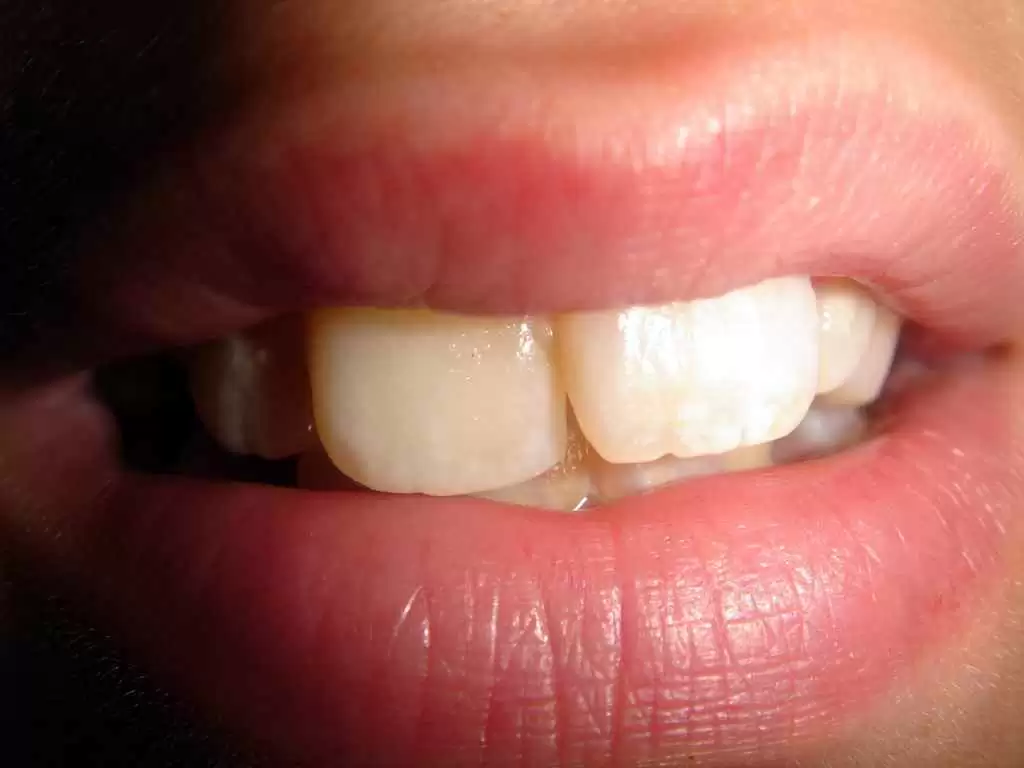
Celiac.com 12/05/2023 - Tooth enamel, the outer protective layer of teeth, is formed through a complex process known as amelogenesis, which heavily relies on the function of ameloblasts – specialized epithelial cells in the jaw. The intricate interplay of various ameloblast-derived proteins serves as a scaffold for hydroxyapatite crystals, crucial for enamel structure. However, a recent groundbreaking study conducted by an international team of researchers, including those from the Institute of Dentistry at the University of Eastern Finland, has shed light on a previously unidentified type of autoimmune disorder affecting enamel formation.
Autoantibodies and the Breakdown of Central Tolerance
The study reveals a remarkable connection between tooth enamel developmental disorders found in autoimmune polyglandular syndrome type-1 (APS-1) and celiac disease. The majority of patients with these conditions develop autoantibodies, primarily of the IgA isotype, against ameloblast-specific proteins. These proteins, whose expression is induced by Autoimmune Regulator (AIRE) in the thymus, play a vital role in enamel formation. The breakdown of central tolerance, triggered by the presence of these autoantibodies, results in interference with the enamel development process. This marks a significant step forward in understanding the mechanisms underlying amelogenesis imperfecta in these autoimmune disorders.
Peripheral Tolerance Breakdown and the Role of Gluten in Celiac Disease
Celiac.com Sponsor (A12):
In the context of celiac disease, the study proposes a distinctive mechanism. The generation of autoantibodies against enamel-specific proteins appears to be driven by a breakdown of peripheral tolerance to intestinal antigens. Intriguingly, these antigens are also expressed in enamel tissue, linking gut proteins to the autoimmune response affecting tooth enamel. This novel insight challenges previous assumptions about the dental manifestations of celiac disease, suggesting that antibodies produced against gut or dietary proteins contribute to enamel defects by binding to proteins crucial for enamel development.
Paving the Way for Understanding Autoimmune Amelogenesis Imperfecta
This comprehensive study not only deepens our understanding of the intricate processes involved in enamel formation but also introduces a new paradigm – autoimmune amelogenesis imperfecta. The findings provide a foundation for further research into the specific mechanisms underlying this IgA-dependent autoimmune disorder, potentially opening avenues for targeted interventions and improved dental care for individuals with celiac disease and related autoimmune conditions.
Read more: nature.com








Recommended Comments
There are no comments to display.
Create an account or sign in to comment
You need to be a member in order to leave a comment
Create an account
Sign up for a new account in our community. It's easy!
Register a new accountSign in
Already have an account? Sign in here.
Sign In Now